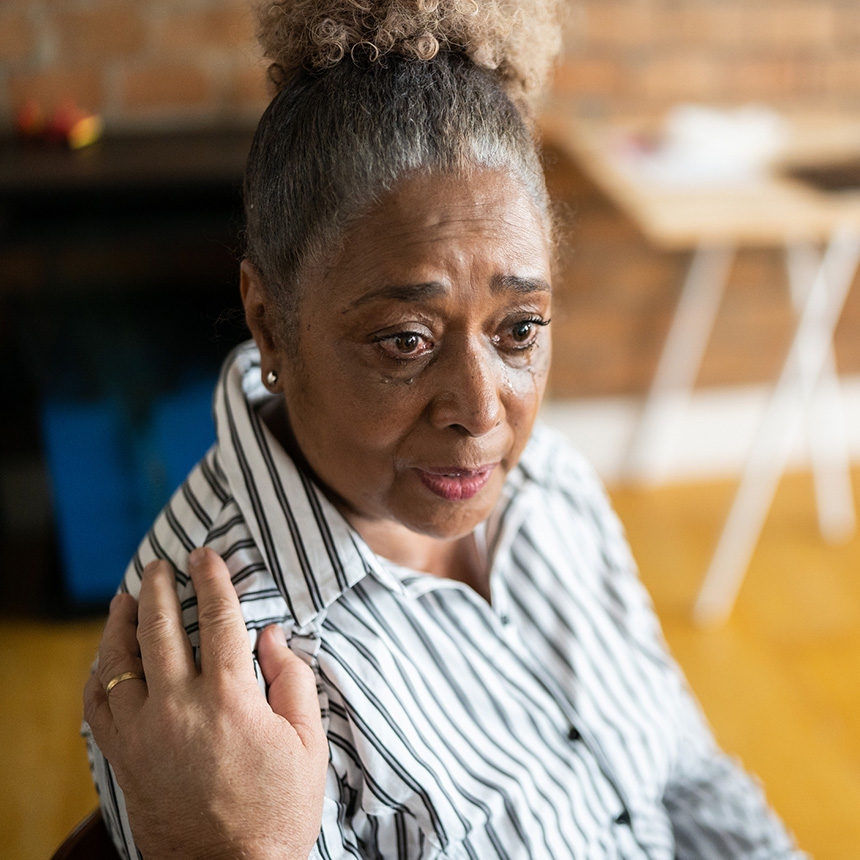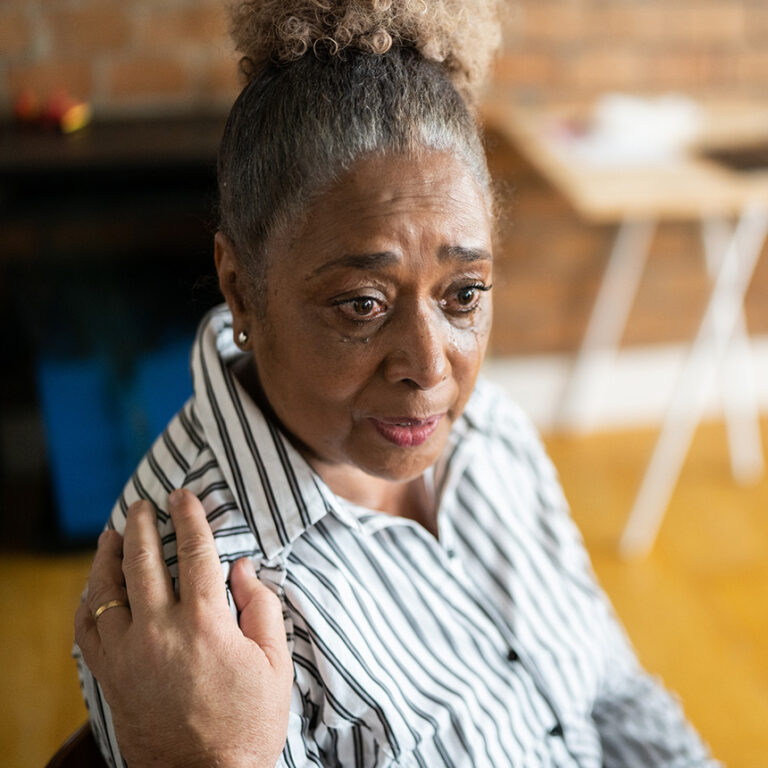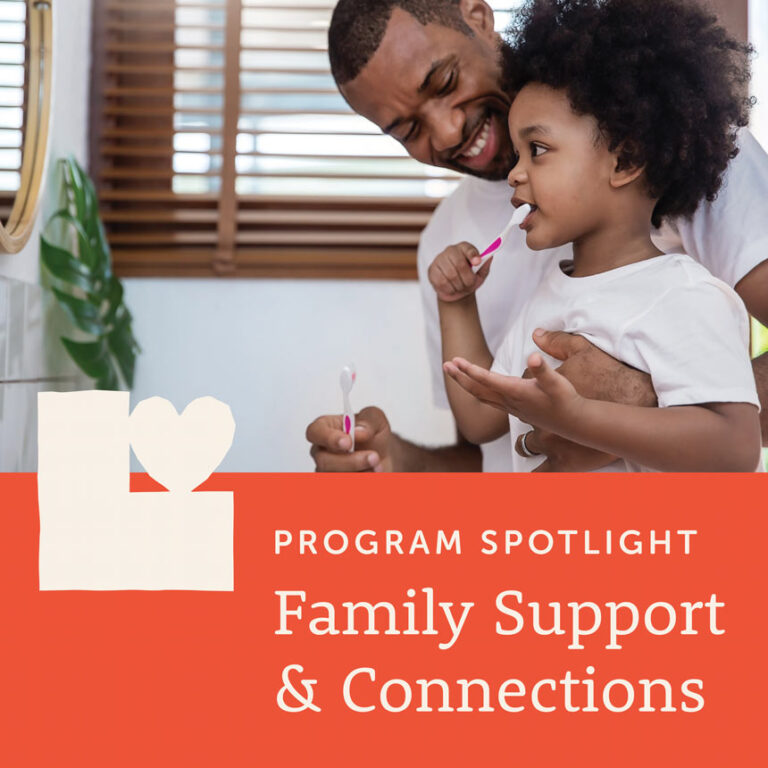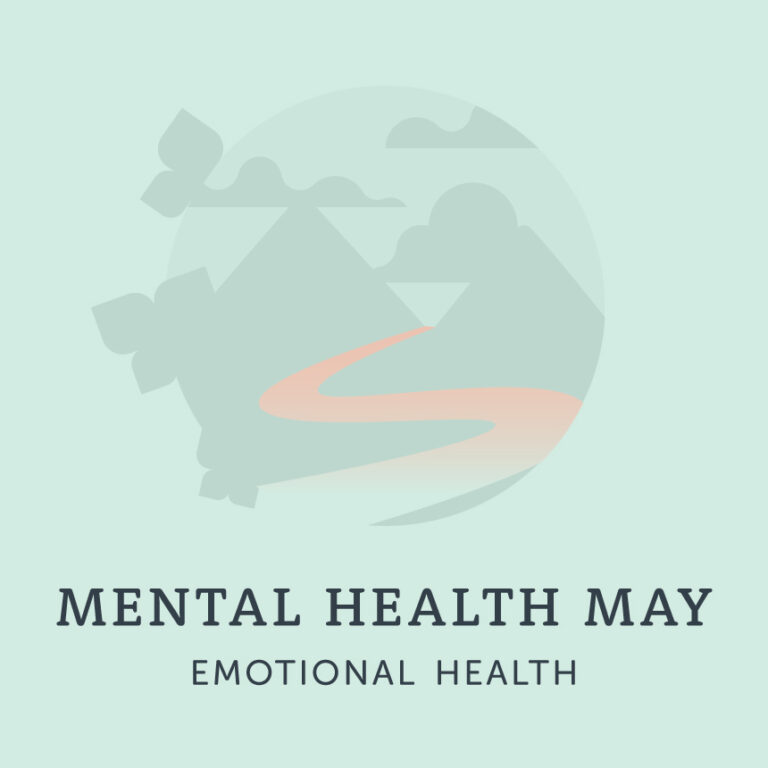
Grief is a universal experience. At some point, everyone loses a friend, family member, or beloved pet. Other life experiences can also cause grief, such as the loss of a job or the end of a relationship.
Dealing with a serious loss is always a struggle, but for some people grief can be more prolonged, resulting in depression or other ongoing mental health issues.
August 30 is National Grief Awareness Day
Angie Cartwright founded National Grief Awareness Day in 2014, based on her own experiences with loss. At age five, she lost her baby sister. As an adult in 1996, her husband died in a car accident. And in 2010, her mother passed away from a drug overdose.
As Cartwright processed her grief each time, she noticed something troubling about people’s reactions. Many people still hold a stigma against expressing grief. Some told her she needed to move on, or “get over” her pain. She found herself struggling with feelings of shame, pressure to rush through her recovery, and the sense that her human emotions were taboo.
National Grief Awareness Day pushes back against these harmful narratives, giving people the space to address their grief in whatever way is healthiest for them. It is part of a movement to educate people about grief and how it is an opportunity to support one another, rather than allowing individuals to suffer silently.
The Five Stages of Grief
Most people have heard of the five stages of grief. These were created by the researcher Elisabeth Kubler-Ross, who wrote about them in her book Death and Dying. These stages of grief are more like guidelines. Not everyone will experience every stage, or even in the listed order. It is also common for folks to go back and forth between certain stages. The five stages Kubler-Ross observed are:
Denial. This is when a person receives unpleasant or upsetting news and works to distance themselves from it. They may feel numb and shut down, and either try to keep busy or tell those around them that everything is fine.
"There is no timeline to grief, period. We all process and experience loss differently and at varying paces and may not even follow the five stages." says Naomi Asselin, QMHP, who works with clients in LIfeWorks NW’s adult outpatient therapy program. "There is no ‘correct’ way to grieve, and there is nothing ‘wrong’ with you if you still feel sadness one, two, or even five years down the road, we just learn how to manage those feelings differently as time passes."
Anger. When people begin to process the pain of their loss, they often have feelings of anger. They may become aggressive or irritable toward others or may direct that anger inward in the form of self-destructive behavior like substance abuse.
Bargaining. In the bargaining stage, a person may ruminate on the past or future and judge themselves or others for what’s happened. They may be obsessed with thoughts of how they might change the situation.
Depression. The pain of adjusting to life after an important loss is difficult for everyone. During this stage, people are trying to learn how to let go of their past life, especially if it involves major changes to their daily circumstances.
"No matter what kind of loss you are experiencing, your feelings are valid," says Naomi. "I encourage clients to find someone safe and trusting to talk to about their grief or even consider joining a grief support group or class."
"Try not to compare yourself and your grief process with others," she adds. "This is rarely helpful; one loss is not ‘worse’ than another."
Acceptance. The final stage is acceptance, where a person learns to make peace with the situation. This doesn’t always mean that they’re happy, but they are on the road to healing.
While most people believe that the stages are only experienced after a death, that’s not true. They can be experienced when a person is grieving any major life change or loss. The five stages also aren’t experienced in a strictly linear way – someone can experience the acceptance one day and fall back to denial the next day. It’s important not to judge yourself or others for not “progressing” through the stages quickly enough.
How to support someone who’s grieving
If someone you care about is grieving, there are a few important things you can do to show your support. These include:
Be understanding about the grieving process. Understand that there is no “right” way to grieve. Know your loved one may experience emotional highs and lows. Don’t judge them for their emotional reactions and reassure them that what they’re feeling is normal. Let them work through grief at their own pace.
Be willing to listen. Most of the time, those who are grieving just want to be able to talk about their feelings. Let them know that you’re available to listen and that you care about them and want to support them. Don’t try to distract them, cheer them up, or avoid the topic – this will only make them feel isolated and alone.
Offer to help with practical matters. When a person is grieving, they can be overwhelmed and have trouble reaching out when they need help. Ask if there’s anything you can do. Some things you can do to help them are picking up groceries, running errands, preparing meals, helping with housework, or simply volunteering to watch a movie or go on a walk together. It’s also important to keep in mind that your loved one may need help after the immediate aftermath of their loss. Months or even years out, check in to see how you can help. This can be especially important around significant dates like holidays or anniversaries they would normally share with someone they’ve lost.
"Offering practical help is crucial for those who are grieving. We often hear, ‘call me if you need anything,’ -- most folks who are grieving usually won’t call and don’t know what they need," says Naomi. "Offering to take them out for a coffee, helping with the kids, or cooking a nutritious meal can all be beneficial for the grieving individual.
Watch for warning signs. While it’s normal for a grieving person to feel depressed, if they don’t seem to be improving or get worse with time, they may be developing clinical depression. If they are e neglecting basic self-care, are abusing drugs or alcohol, or are preoccupied with death, or verbalize suicidal ideation, they should speak with a professional.
LIFEWORKS NW CAN HELP
If you or someone you care about is struggling with grief, you don’t have to suffer alone. LifeWorks NW staff have years of experience working with grief and helping people who have suffered a loss find meaning in their life again. To get more information or make an appointment, call 503-645-9010 or fill out our Contact Us form.










